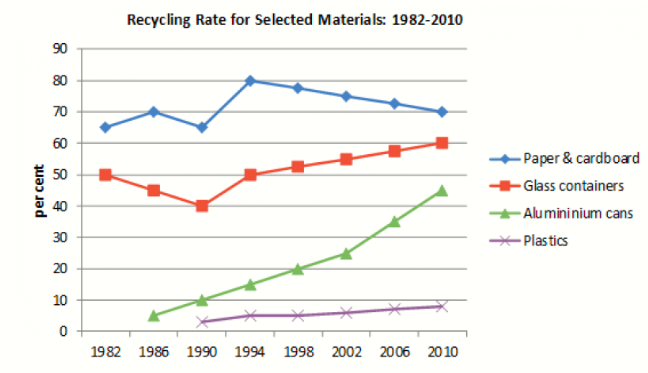In modern society, whether pursuing English knowledge in schools is more vital than learning local languages has sparked much debate. Many people assert that English academic skills should be the priority for students, whereas others believe that local languages should be considered more serious in education. From my perspective, I am more fond of the latter view.
On the one hand, English is undoubtedly essential for not only students but for everyone in every group of people and generation. With the development of globalization over the past few decades, people must consider learning fundamental English knowledge since it has been known as the main language worldwide. Communication is usually implemented using English between people from different cultures or speaking distinct languages. For example, a person from Vietnam will not be able to communicate with an American if they can not speak the language. For this reason, multiple English centers have been erected around Vietnam in recent years for educational purposes for instance to teach people from a young age, especially in schools. Moreover, minors having the chance to learn English will gain more opportunities in the future, for example, job promotion since most companies require their staff to know at least 2 languages.
On the other hand, with the great range of benefits that English brings, many people made an assumption that it is not important to study the local language. People believe that as long as they have gained enough English academic skills, they will have more opportunities to study or work in the future. However, this reason is not sound due to the fact that learning the local language will enhance people’s perception of the culture of their country as well as their nation’s history. Conserving cultural values has been a serious problem and countries have spent billions of dollars trying to solve it. Local language has played an important role in protecting and maintaining countries’ cultural values. With the main focus on learning English, many residents have forgotten the importance of their local language as well as customs. Preserving a language is a necessary task, thus we can make a start by promoting the regional language through organizing cultural events, making it a medium of formal instruction at schools, holding literary competitions, and arranging incentives to use the regional language.
Although English, a well-known spoken language, has played a vital role in our society, I still strongly believe that we should not take our guard down on preserving the local language.






 Đăng ký
Đăng ký 

Bạn cần đăng nhập để them gia bình luận